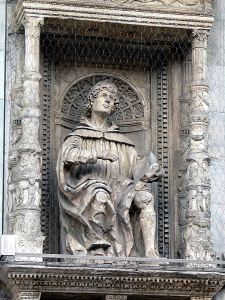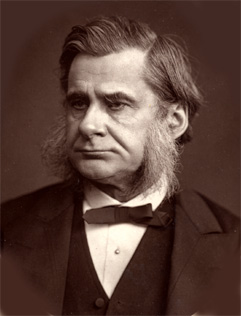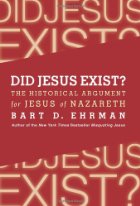*
Earl Doherty’s Response to Bart Ehrman’s Case Against Mythicism – Pt.6
What Did Jews Have to Say?
.
COVERED IN THIS POST:
- Philo of Alexandria
- Josephus
- the Testimonium: entirely interpolation or an authentic residue?
- is an authentic residue “neutral”?
- is the Testimonium intrusive or a digression?
- silence of Christian commentators on Testimonium before Eusebius
- how could Josephus have felt ‘positive’ or even neutral toward Jesus?
- is the Testimonium’s language the language of Eusebius?
- changes to the Testimonium and its location
- the case of Antiquities 20
- The Jewish Talmud
- why are there no traditions about Jesus going back to the 1st century?
.
* * * * *
Non-Christian References to Jesus
(Did Jesus Exist? pp. 56-68, Jewish Sources)
.
Philo of Alexandria
.
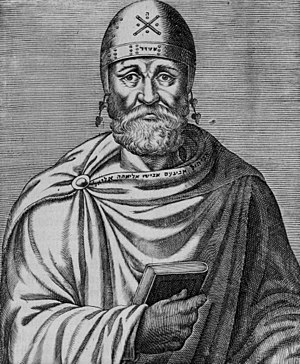 Bart Ehrman, in his survey of the non-Christian witness to Jesus, turns next to the Jewish category. He first dismisses the silence about Jesus in the writings of the philosopher Philo of Alexandria as something unsurprising, since by his death (probably by 50 CE), Christianity had not yet penetrated to Egypt. That may be the case, but this does not mean that a philosopher living in Egypt, just around the Mediterranean corner from Palestine, especially one whose philosophy about God and the mediator Logos was a close antecedent to that of Paul, was completely isolated from news of Judean events, or from new ideas being bandied about in the very field of thought Philo was engaged in.
Bart Ehrman, in his survey of the non-Christian witness to Jesus, turns next to the Jewish category. He first dismisses the silence about Jesus in the writings of the philosopher Philo of Alexandria as something unsurprising, since by his death (probably by 50 CE), Christianity had not yet penetrated to Egypt. That may be the case, but this does not mean that a philosopher living in Egypt, just around the Mediterranean corner from Palestine, especially one whose philosophy about God and the mediator Logos was a close antecedent to that of Paul, was completely isolated from news of Judean events, or from new ideas being bandied about in the very field of thought Philo was engaged in.
What we do know from Philo’s writings
Moreover, we know from his writing that Philo was familiar with Pilate and his objectionable activities in Judea. He would not, of course, know about every rebel or criminal executed by the governor, but considering the developments which supposedly followed this particular execution, and considering his interest in the sect known as the Therapeutae to which the early Christian community in Judea would supposedly have borne a strong resemblance, it would not be infeasible for him to have noticed the latter and especially what was presumably being made out of its human founder.
We have writings of Philo up to the year 41 CE, but it could be argued (Ehrman does not) that, even had he taken notice, commenting on that notice was something he simply didn’t get around to doing. The silence in Philo is therefore not overly significant, it’s just another void to add to the overall picture.
*
Josephus
.
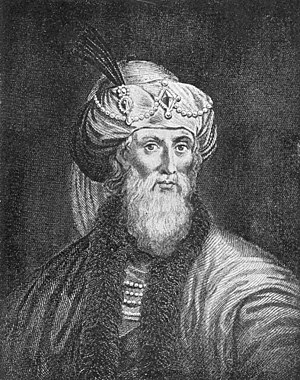
But the most important Jewish historian of the era is another matter. Josephus has been a battleground in the ‘clash of titans’ and understandably so. The last half-century of scholarship has focused mainly on whether the passage known as the Testimonium Flavianum in Antiquities of the Jews, Bk.18 contains an authentic original by Josephus which Christians later only made additions to. This is a bandwagon which virtually every New Testament scholar these days has hopped onto, as though the maintenance of an authentic original is seen as crucial to Jesus’ existence.
What scholars used to say
It should be noted, however, that prior to the Second World War, many scholars were quite willing to postulate that Josephus made no reference to Jesus at all. See, for example, Maurice Goguel, Jesus the Nazarene: Myth or History?, p.35 (that both passages can be “suspected of interpolation”); or Charles Guignebert, Jesus, p.18 (“It seems probable that Josephus did not name Jesus anywhere”). The latter, in regarding the Testimonium as a complete forgery, suggested: “It may be admitted that the style of Josephus has been cleverly imitated, a not very difficult matter” (Ibid., p.17).
Who proofread this book? I
Curiously, Ehrman says he will deal with Josephus’ two references to Jesus “in reverse order,” gives us a brief description of the Antiquities 20 passage, then “before dealing with” the mythicist claim that it’s an interpolation, he switches over to the Testimonium in Antiquities 18, calling it the “second passage.” One gets an impression more than once in this book that Ehrman simply went with his first draft, and without benefit of editor.
The suspicious passages
Though most of the present readers will know this passage like the back of their hands, I’ll give Ehrman’s rendition of it according to “the best manuscripts”:
At this time there appeared Jesus, a wise man, if indeed one should call him a man. For he was a doer of startling deeds, a teacher of people who receive the truth with pleasure. And he gained a following both among many Jews and among many of Greek origin. He was the messiah. And when Pilate, because of an accusation made by the leading men among us, condemned him to the cross, those who had loved him previously did not cease to do so. For he appeared to them on the third day, living again, just as the divine prophets had spoken of these and countless other wondrous things about him. And up until this very day the tribe of Christians, named after him, has not died out. (Antiquities 18.3.3) [DJE?, p. 59]
The problem parts of this passage, as Ehrman recounts them, are well known: Continue reading “6. Earl Doherty’s Response to Bart Ehrman’s Case Against Mythicism: Jewish Sources”


